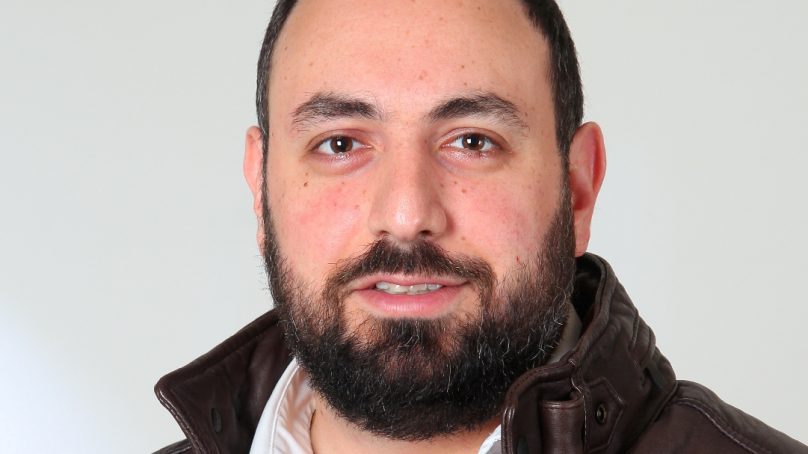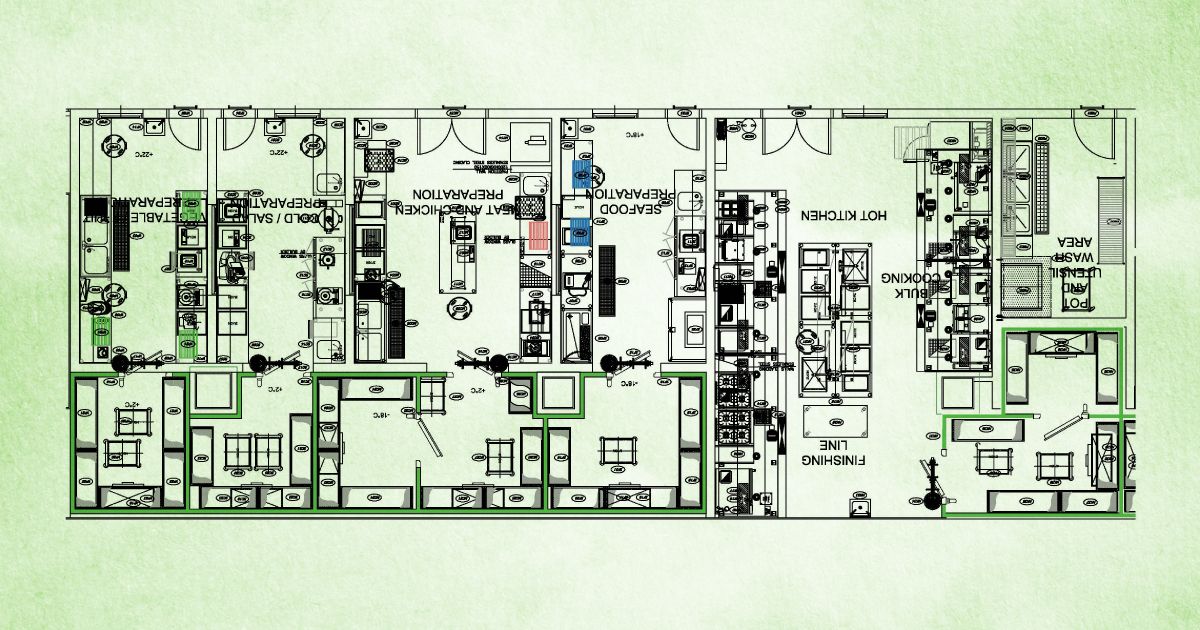

According to Luminescenza, it’s crucial to pit low upfront cost against potential energy savings, especially when it comes to large items like refrigerators and ovens. Choices that seem inexpensive may end up costing extra money in the long run, so the firm’s LEED design specialists are available to assist customers in the decision-making process.
The challenge is to insure the commitment of the foodservice operator and management teams to not only construct or renovate a facility in a responsible manner but to continue to embrace that philosophy and the spirit of sustainability and actually live up to it in practice. There are a number of sound business reasons to become LEED certified, including results that allow operators to improve performance, reduce operational and maintenance costs, and demonstrate corporate social responsibility. Furthermore, financial gains are a big motivator, with good return on investment coupled with a positive environmental impact.
The ideal time to start the process of any sustainability initiative is before any hard lines are put on paper. When it comes to a renovation, it’s a bit more complicated, as access issues and limitations in terms of ventilation, plumbing and electrics can play a role. These present different challenges.
At the back of the house, foodservice operators can choose from a number of innovative solutions to prevent energy and water wastage. Heating, ventilation and air-conditioning (HVAC) represent a significant part of energy usage in a commercial kitchen. Luminescenza is a specialist when it comes to offering solutions to promote efficiency in this important area.
Regardless of whether an operator seeks LEED certification or not, it is imperative that every effort is made to become as sustainable and efficient as possible. Luminescenza is driving the green revolution in foodservice design, having successfully handed over several projects certified by third parties.

Georges Haddad,
Owner
Luminescenza













